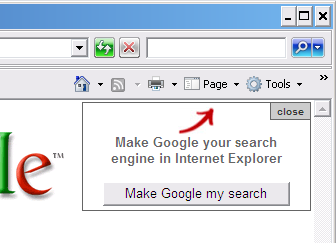- The long line starting at 42nd street until 46th that proceeded rather quickly.
- The geography and number simon games we played
- Frantic finishing of food before the security checks.
- A nice submarine (orange) hanging off the back end of the HMS Scott.
- Pulling the trigger of an M16. Tip: Lean forward when shooting as assault rifle.
SOURCE: Trying not to offend via UNEASYsilence via TUAW



